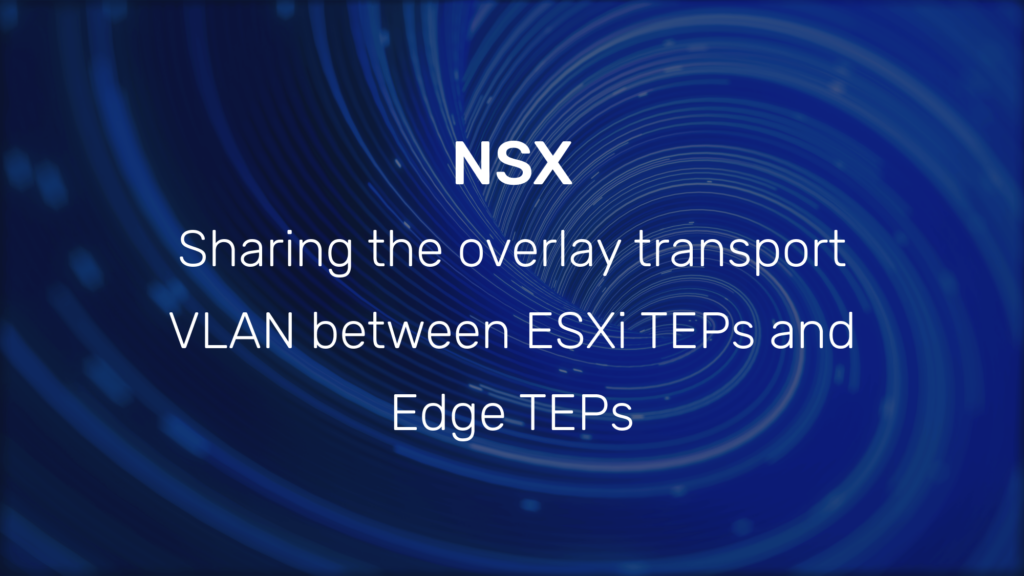ESXi Shell – Fixing esxtop Output via SSH
Being a big fan of command lines, I usually enable SSH on all of my ESXi hosts. I use SSH for all kinds of things: to quickly perform some VM related operation, do some configuration, check resource usage etc. etc. Using esxtop from the ESXi Shell (not resxtop from vMA), I found esxtop behaving a bit odd. This is what I get:
no termcap entry for a `screen-bce' terminal"(PDH-CSV 4.0) (UTC)(0)","node00.mf.invalidMemoryMemory Overcommit (1 Minute Avg)","node00.mf.inval
idMemoryMemory Overcommit (5 Minute Avg)","node00.mf.invalidMemoryMemory Overcommit (15 Minute Avg)","node00.mf.invalidPhysical Cpu LoadCpu
Load (1 Minute Avg)","node00.mf.invalidPhysical Cpu LoadCpu Load (5 Minute Avg)","node00.mf.invalidPhysical Cpu LoadCpu Load (15 Minute Avg)
","node00.mf.invalidPhysical Cpu(0)% Processor Time","node00.mf.invalidPhysical Cpu(1)% Processor Time",
Esxtop will continue to print tons of lines like this. Is that case, press CTRL-C to exit. I found out this issue is caused by the value of the TERM environment variable as set by default:
~ # echo $TERM
screen-bce
~ #
Changing that value to xterm fixes the behavior of esxtop. There are few ways to do this:
Valid only for that specific command:
~ # TERM=xterm esxtop
Valid for the duration of the SSH session:
~ # export TERM=xterm
~ # esxtop
Most likely there is a way to set this value for every newly created SSH session, too, but I don’t feel well about messing with configuration like that in ESXi Shell.
Hope that helps!
EDIT: Calling dcui from an SSH session results in the same issue using OpenSSH client. The solution is the same as with esxtop:
$ TERM=xterm dcui
EDIT: Same issue and fix when openitng a text file in vi.





